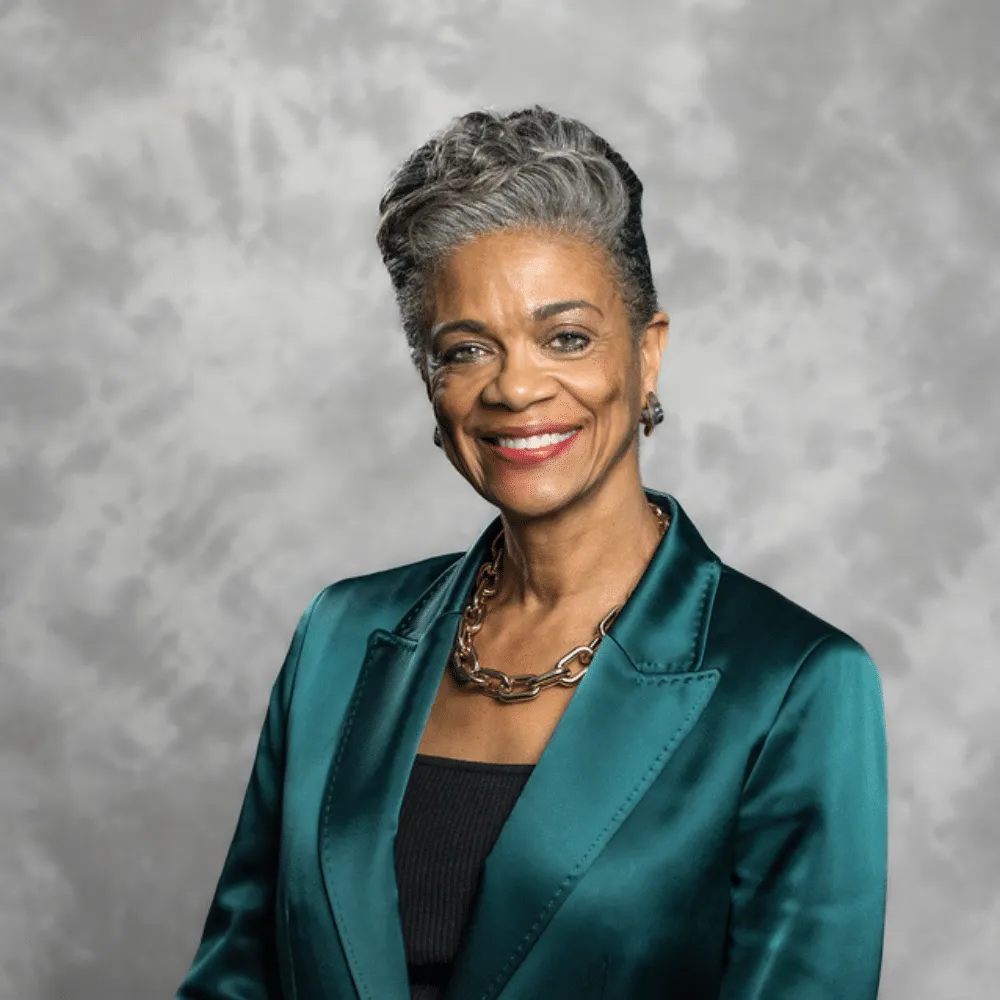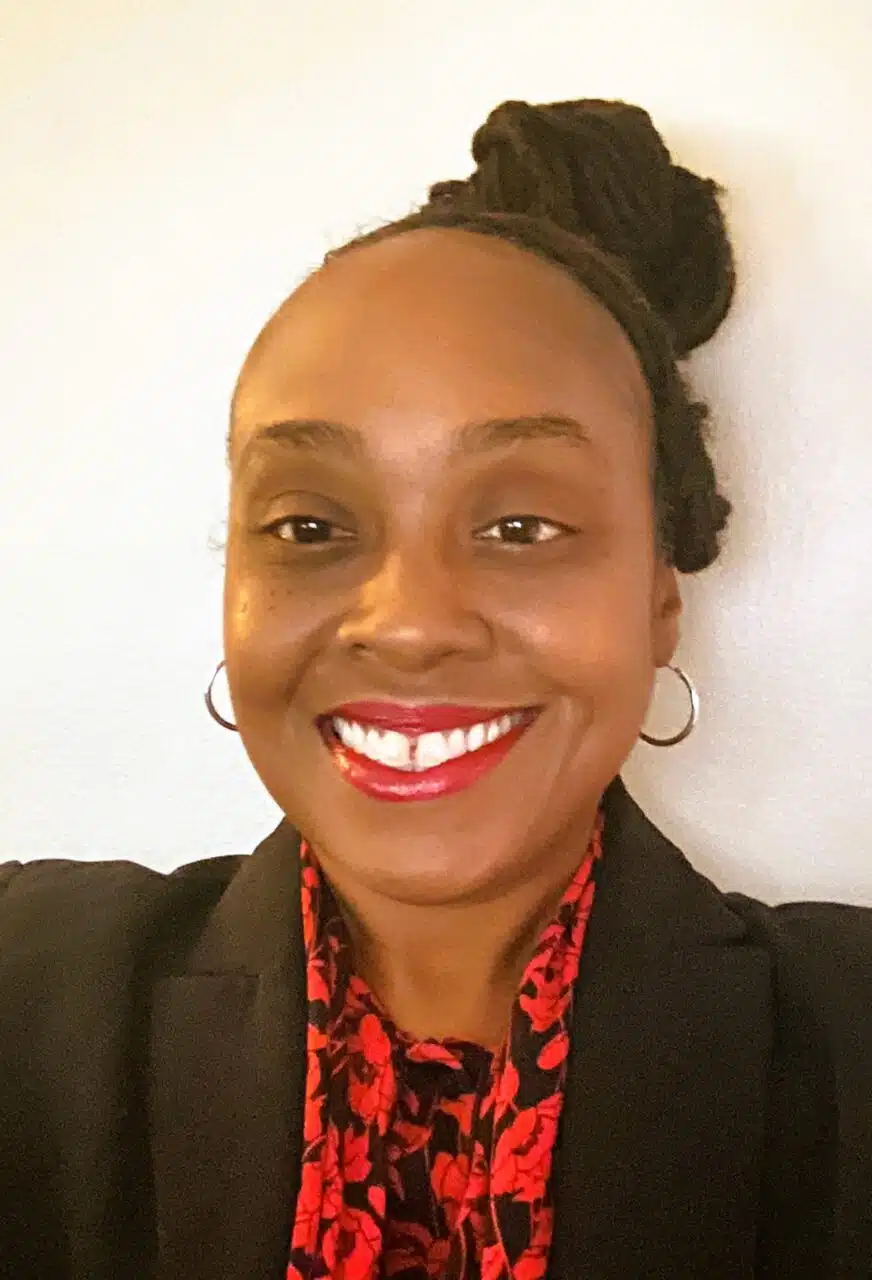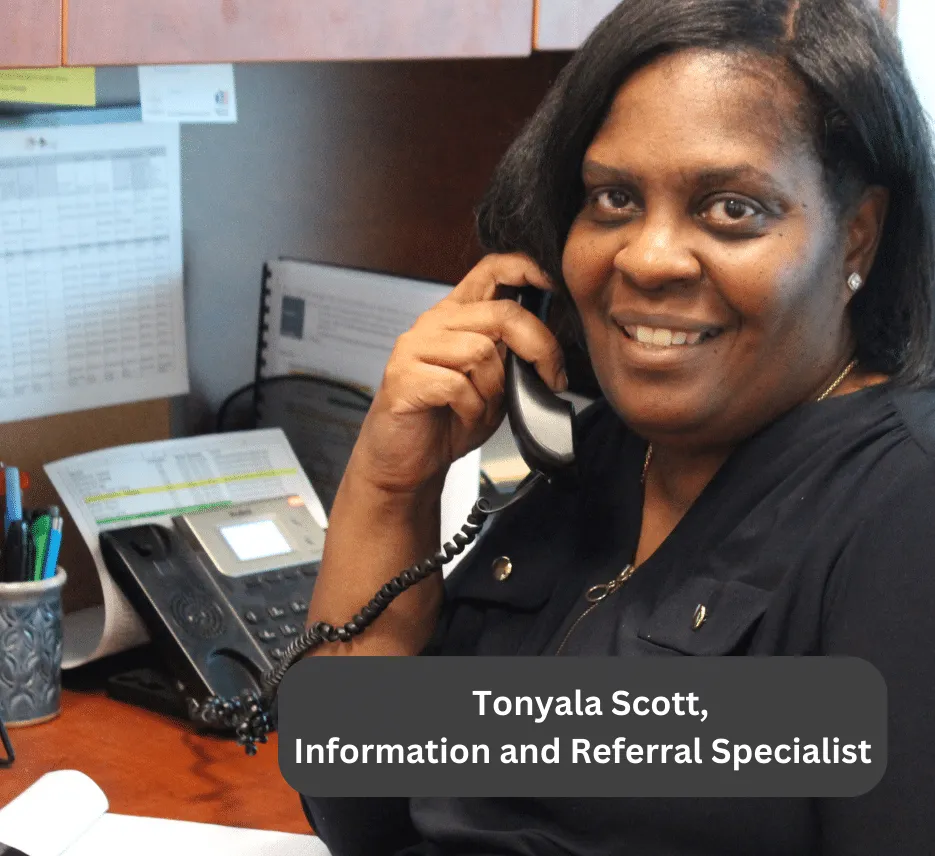Black and Brown Adoptions and Fostering: Marcie Baker-Hinds
Black and Brown Adoptions and Fostering: Marcie Baker-Hinds

Interview with Marcie Baker-Hinds
Question: What have been some of the assumptions about a black/brown family who wants to adopt?
Response: The greatest assumption is that we don’t adopt and even if we are going to adopt, we are doing it because we can’t have children or there is a financial benefit to do so. There also seems to be a perception that something’s wrong with you. I found that to be the case from the perspective of being an adoptive parent and having worked as a professional in adoptions. There were indeed some preconceived negative assumptions about black/brown families. Families just want the opportunity and a fair chance to be a resource to a child.

Edna Davis-Brown, MPH, NTI Training and Implementation Specialist with the C.A.S.E. National Adoption Mental Health Competency Training Initiative and Ujima Leaders and Lanecia Radcliff, Ujima Manager with the National Adoption Association’s Ujima Black Family Program partnered to conduct two interviews for this featured blog.
Lanecia RadCliff
The views and opinions expressed in this article are those of the author and do not reflect the policy or position of any agency, employer, or other organization.
Question: Tell me about you and your experiences with adoption/fostering?
Response: I am Marcie Baker-Hinds and my experiences with adoption/fostering are both professional and personal. For the last 9 years I’ve worked at an adoption exchange in Rhode Island serving in various capacities spanning from recruitment, child and family support to youth transition services. I am also certified to do training for prospective adoptive and foster families and a certified SAFE home study practitioner.
My personal experience with fostering and later adoption, came out of a kinship foster provider experience. The process to become approved was not an easy one. There were a lot of things that were wrong with the system. This was truly my motivation to become a social worker.
If you told me then that I would adopt I would have said, “Not a chance, you’re crazy”. Many years prior my mom adopted my five nieces and nephews and having seen her struggle, I felt that I would never do that. However, children don’t ask to be in this situation, and it is not fair for them to be subjected to multiple placements when they have family.
Question: Please share your early experiences with the home study process.
Response: Early on I felt I had to be an advocate for us (black/brown families) to even be an option for consideration. My nephew had been in another home for two months. There was nothing about this family that was familiar to him. There were a lot of struggles in just being considered. There was a lot of scrutiny as there is a bias when you are connected to a child.
As a recruiter I experienced social workers refusals to explore birth family stating, “the apple doesn’t fall from the tree”. I can only imagine that the same things were said as workers debated whether to place the child with me. I knew that I was being judged in every interaction and it felt like the worker was hoping I would just give up. It was a lot of diligence to get to the outcome which took a lot of energy.
Oftentimes, you view the process as being set up to fail essentially. I am very grateful for the licensing worker who went above and beyond when the odds were being stacked against us. She changed the trajectory of two siblings’ lives who may not otherwise been able to be together or stay connected to family.
Question: What are some of your lessons learned? Anything you might do differently?
Response: I learned to “never say never!” I thought I would never adopt but I did. Although it can be challenging sometimes, if I could press rewind, I’d still choose to adopt. Later working in adoption services showed me just how much I didn’t, and many families don’t know about the process. What I would do differently is insist on getting more information about the process. I wouldn’t allow the system to push me over and not provide the children with the adequate resources they needed. I would connect with a foster and adoption community sooner for the much-needed support.
Question: What brief advice would you give a black/brown person who desires to adopt/foster?
Response: Getting connected is important. I saw the importance of connection from a very close vantage point with my mother adopting my nieces and nephews. The family connection was great, but I needed more. Having the connection to the adoption community really helped the children conceptualize and normalize them being adopted. There will certainly be struggles and you need to be aware of this…even as a biological parent there will be struggles. You need to be committed and willing to work through them to avoid disruptions. Lastly, there are so many children that linger in care because the need outweighs the number of available resources, they need you!
Question: Can you please share more about your passion for sibling connections?
Response: I am very passionate about sibling connections. My adopted children are birth siblings. They have other siblings which were born after them. They know them but do not have regular contact or communication. The system could do better to ensure these connections are not sacrificed with placements. Foster and adoptive families also have a responsibility to ensure that they are helping to maintain these connections. It doesn’t seem that people understand that siblings need to be able to maintain a connection. Birth family connections are important and sibling relationships are imperative. As a parent if you are embarking upon this journey, it is important to maintain sibling connections barring any concerns with safety.


